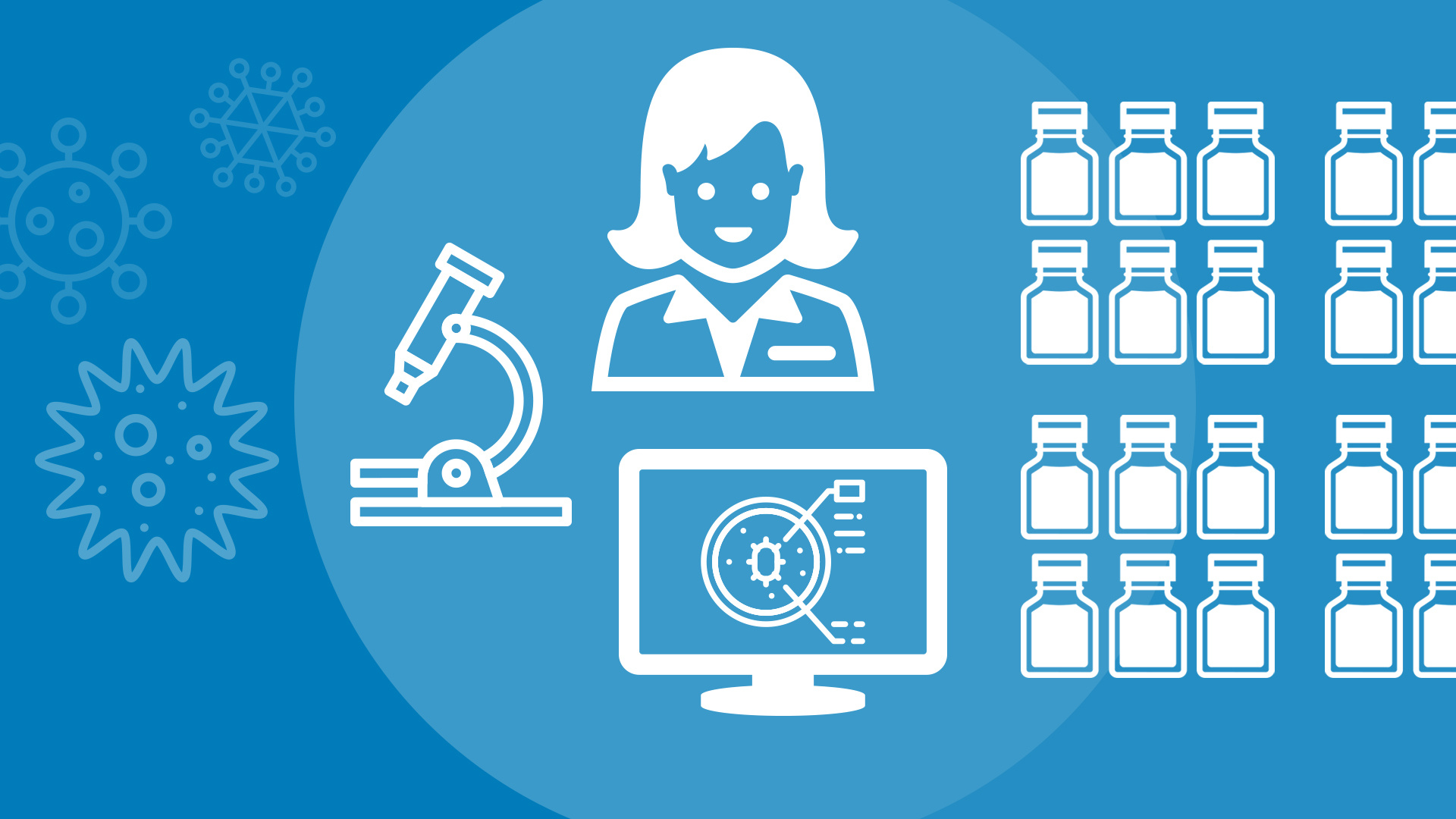26 April 2023 | Wednesday | News

Quanterix Corporation (NASDAQ: QTRX), a company fueling scientific discovery and breakthrough diagnostics through ultrasensitive biomarker detection, today announced that blood-based NfL measurements provided compelling support for the FDA’s accelerated approval of tofersen for treatment of superoxide dismutase 1 amyotrophic lateral sclerosis (SOD1-ALS), a devastating rare genetic form of ALS. This is the first known case in which a blood biomarker was successfully used as a surrogate endpoint for a neurology therapeutic trial to gain accelerated approval, highlighting the potential for other therapeutic trial designs to benefit from including blood NfL measurements.
Tofersen is designed to reduce the overproduction of SOD1 protein in SOD1-ALS patients. In the Phase III VALOR trial, the drug did not significantly slow patients’ clinical decline. However, there were positive trends in the data, and open label extension results have since shown evidence of clinical benefits along with highly significant reductions of secondary endpoint biomarkers in favor of a positive treatment effect. This data supported an extended FDA review of tofersen’s new drug application under the accelerated pathway leading to its recent announcement of approval. Critical to the approval were plasma NfL trends, with the FDA Advisory Committee voting unanimously that the “reduction in plasma neurofilament light chain (NfL) concentration in tofersen-treated patients is reasonably likely to predict clinical benefit of tofersen for treatment of patients with SOD1-ALS.” Tofersen was found to lower plasma NfL levels 40-50 percent over a six-month period.
The FDA’s decision to approve tofersen through its Accelerated Approval Program focused on strong surrogate biomarker data, adding momentum to the use of biomarkers in predicting disease severity and clinical benefit in neurodegenerative diseases. NfL, in particular, has been extensively studied in different neurodegenerative diseases, including Alzheimer’s, spinal muscular atrophy, hereditary transthyretin-mediated amyloidosis, and multiple sclerosis. In ALS, independent studies have shown NfL levels correlate with disease severity, disease progression rate, and survival. Alternatively, therapy-mediated reductions in NfL have been correlated with clinical improvement from approved drugs for other neurological diseases, supporting the use of NfL as a critical pharmacodynamic marker.
“An important advance stemming from the tofersen approval is a demonstration of the potential of NfL as a potential surrogate biomarker that can serve as a leading indicator of drug efficacy for some investigational therapies in neurodegenerative disorders,” said Merit Cudkowicz, M.D., M.Sc., Director of the Sean M. Healey & AMG Center for ALS and Chair of Neurology at Mass General. “The acceptance of NfL as a valid biomarker for accelerated therapeutics in ALS is a major advance. I fully expect that more biomarkers like NfL will be discovered in ALS. This is a very exciting and hopeful time in ALS therapeutics.”
“Blood-based NfL measurements are materially advancing and accelerating therapeutics development for, and clinical management of, patients with neurodegenerative diseases, including Alzheimer’s, spinal muscular atrophy, hereditary transthyretin-mediated amyloidosis, and multiple sclerosis,” said Masoud Toloue, CEO at Quanterix. “On the strength of hundreds of published studies in recent years, blood NfL has gained broad acceptance as a biomarker of neuro-axonal damage which is a common feature of these diseases. We are pleased to see another validating proof point on how this biomarker can be accelerative in neurodegeneration therapeutics development. We are hopeful that the approval of tofersen will provide some relief to sufferers of the relentless progression of SOD1-ALS.”
Quanterix pioneered measurement of NfL in plasma and serum with the launch of its Simoa NfL assay in 2016. The Simoa NfL test has since been validated by many hundreds of publications across numerous disease areas, and its analytical performance has been extensively verified in laboratories across Europe and North America. Simoa NfL testing is offered by Quanterix as a Laboratory Developed Test (LDT) that has been validated under CLIA in an ISO:15189 accredited laboratory. The Simoa NfL assay has also been designated a Breakthrough Device by the U.S. FDA for identifying adult patients diagnosed with RRMS who are at low or high risk for relapse within four years. The test is not currently cleared by the FDA as an in vitro diagnostic.
© 2026 Biopharma Boardroom. All Rights Reserved.